A Dictionary of Color Combinations Vol. 2
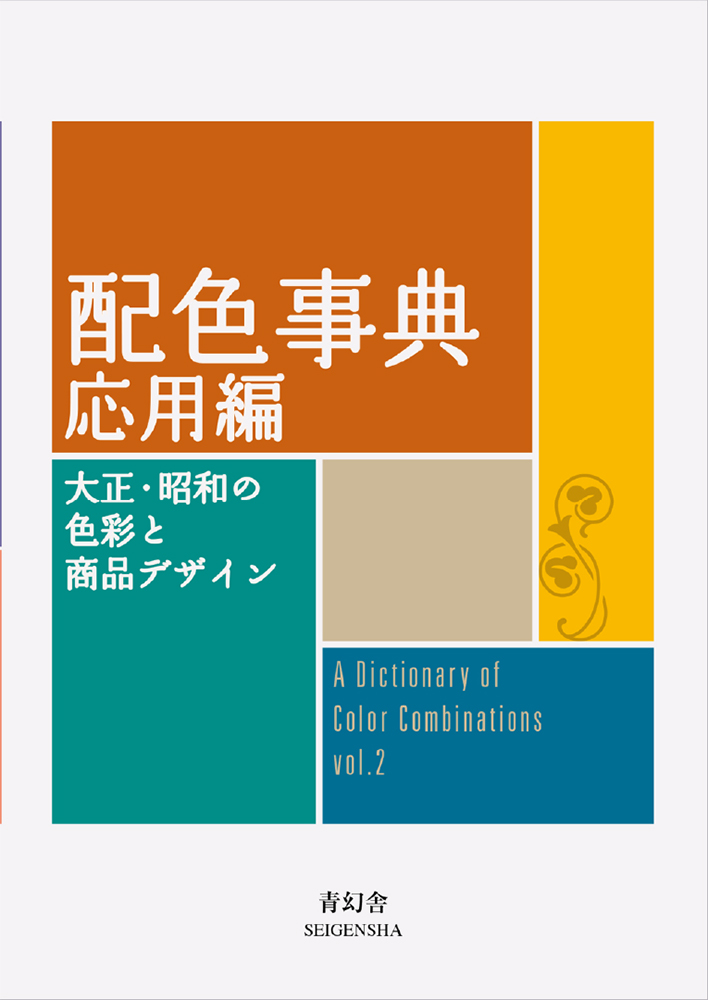
- Price:
- 1,500 yen (JPY)
- Author(s):
- Sanzo Wada
- Language(s):
- Japanese and English
- Size:
- 148 × 105 × 20 mm
- Pages:
- 336
- Binding:
- softcover
- Release date:
- 20200301
- ISBN:
- 978-4-86152-772-2 C2070
Second in the series: classic Japanese color recipes for use in design, fashion, interiors, art, and more.
Related books
[design, crafts, architecture] Books in the category
New Books
NewPoul Kjærholm: Timeless Minimalism
New Books
Modern Times in Paris 1925: Art and Design in the Machine Age
Pola Museum of Art
New Books
Haibara Art and Design: Washi Paper and Japanese Aesthetic
New Books

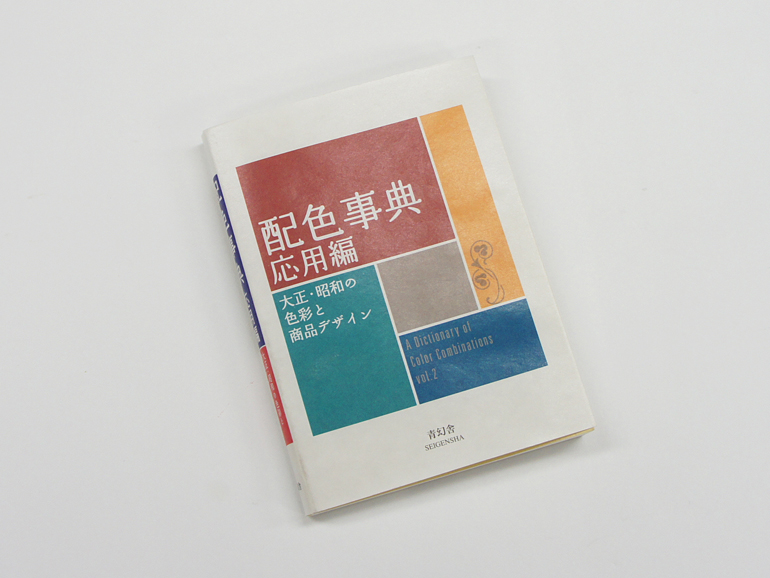
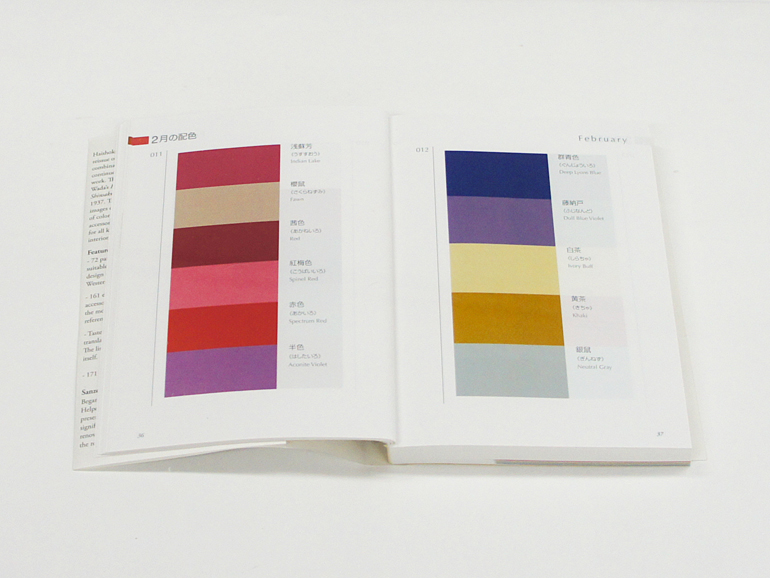
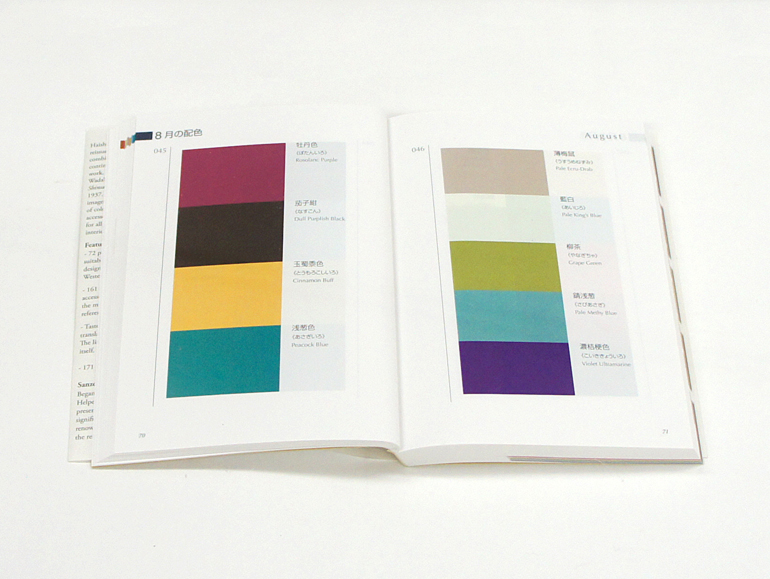
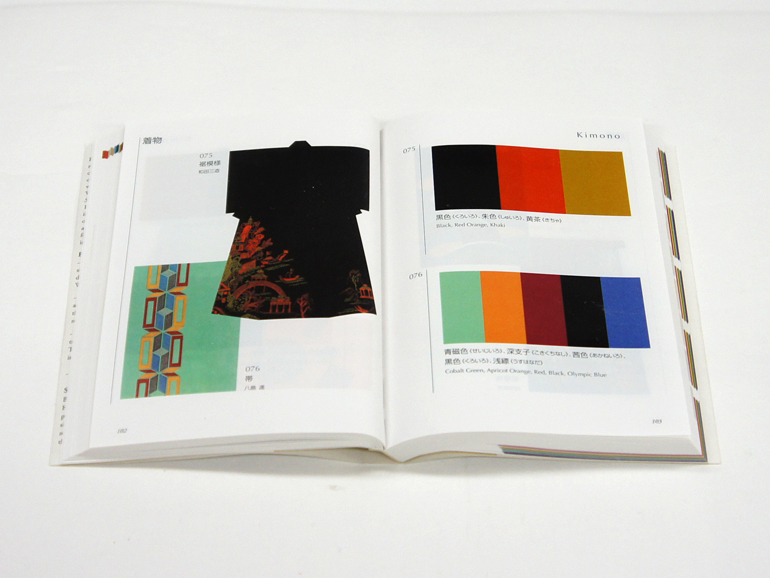
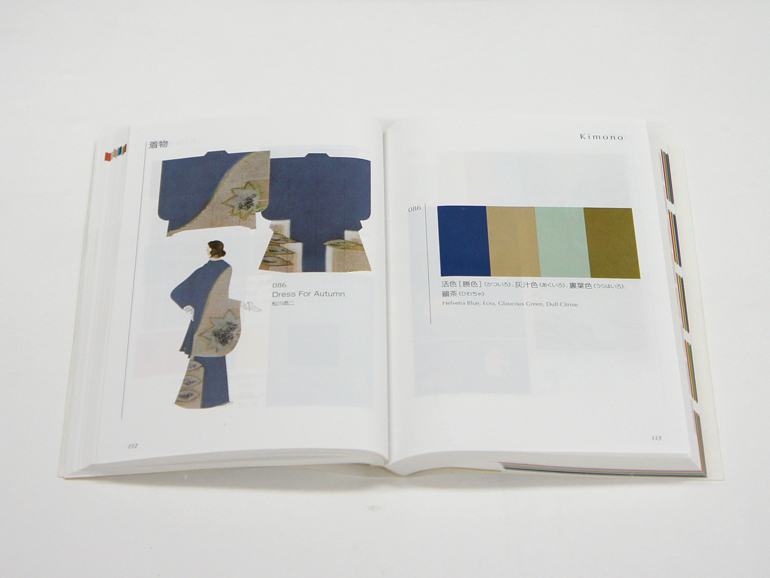
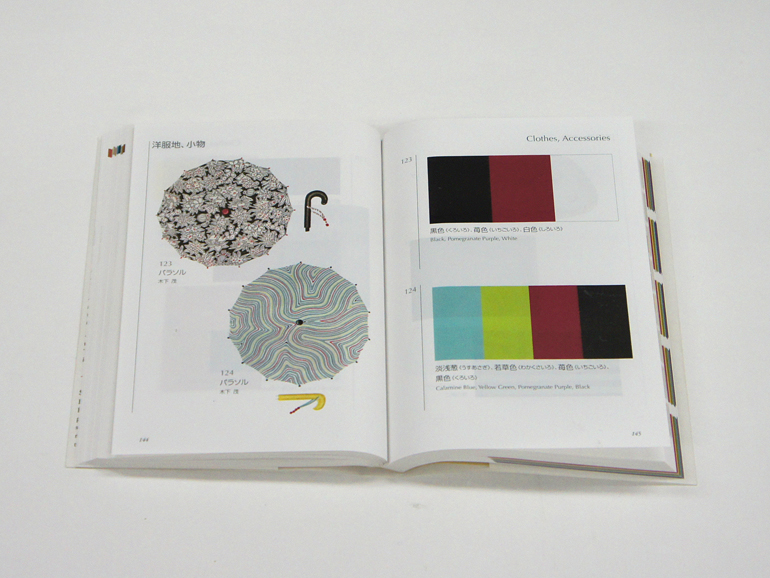
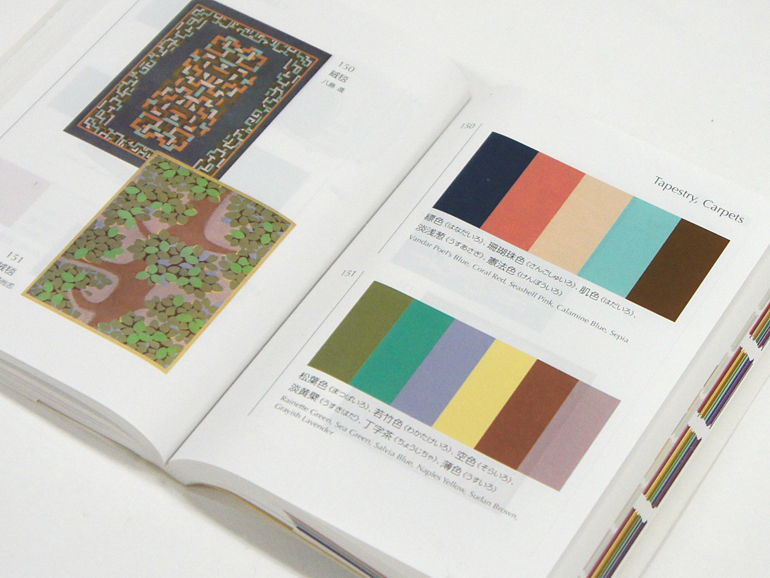
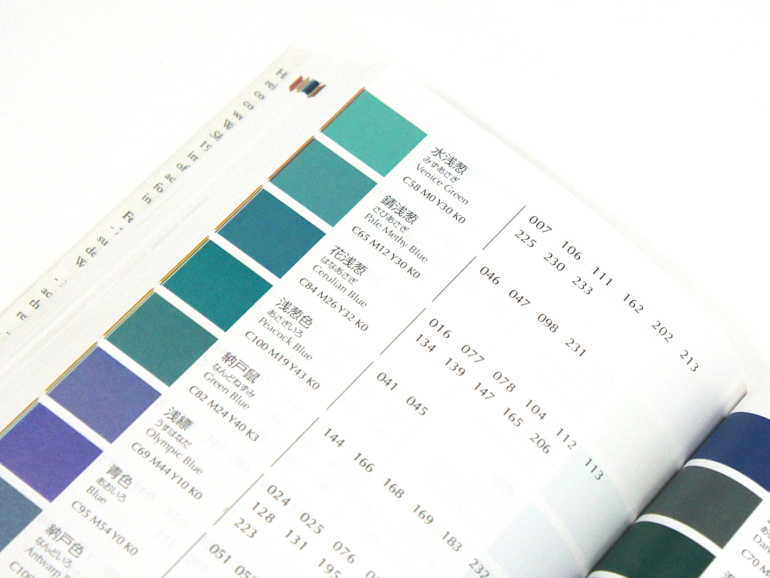
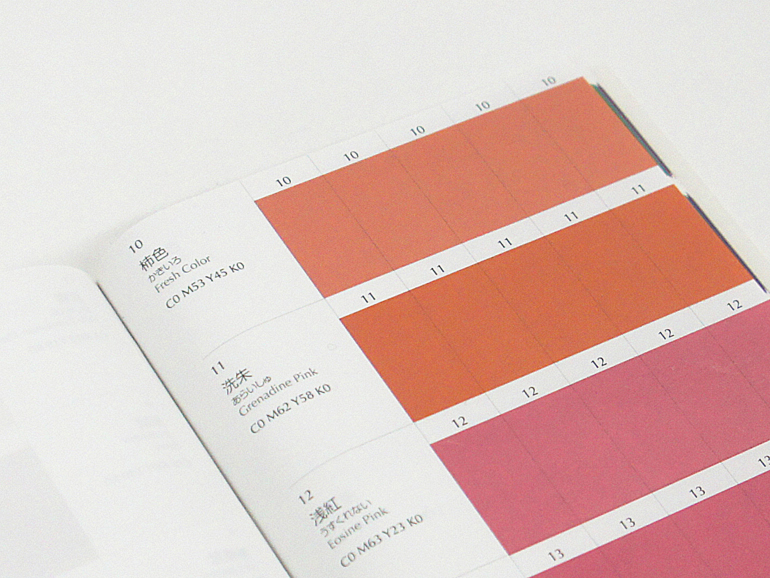
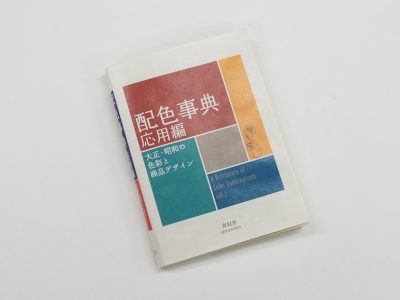
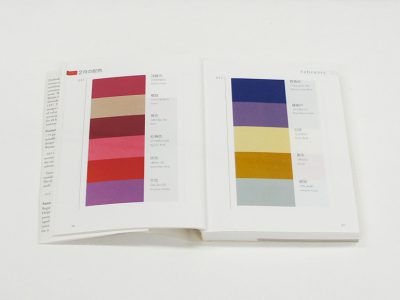
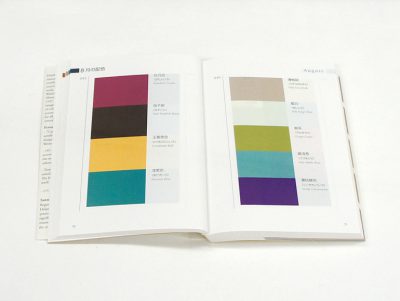
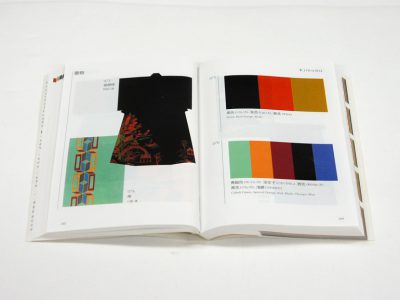
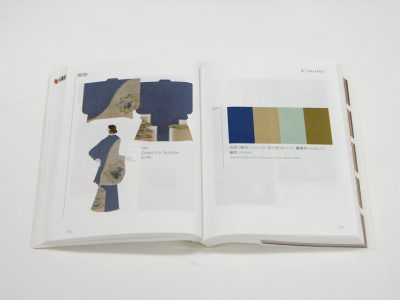
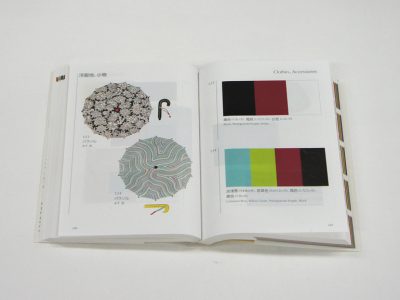
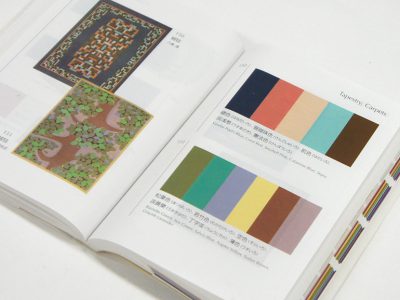
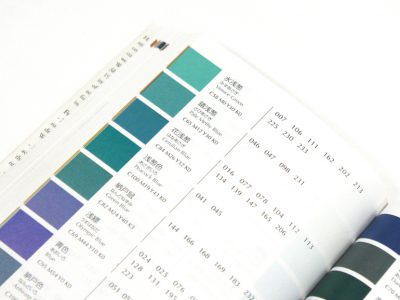
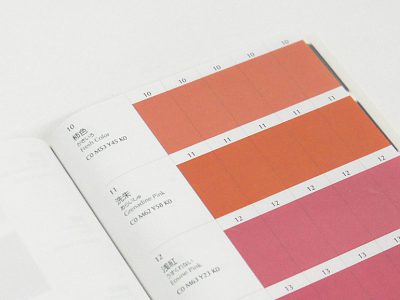
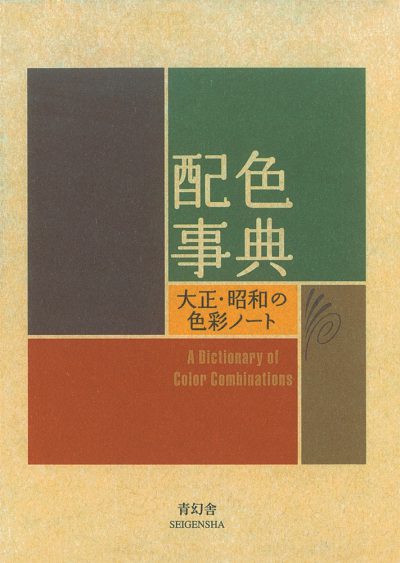
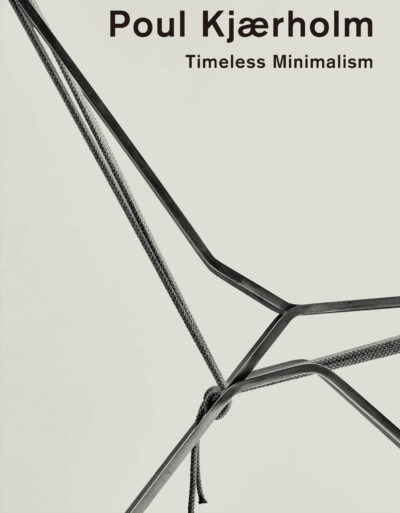
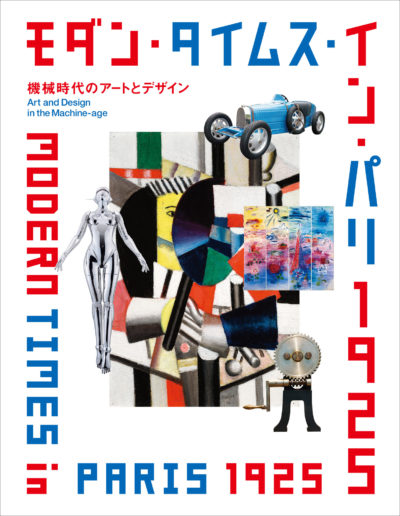
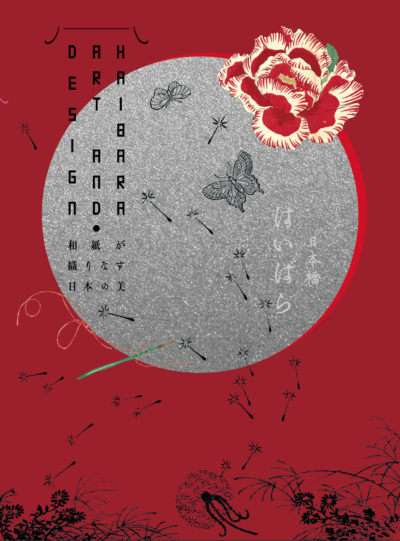
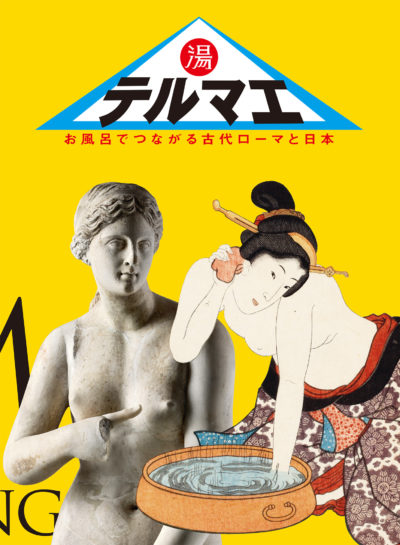
From 1933 to 1934 Sanzo Wada published a collection of color combinations that was the first of its kind in Japan. In 2010 Seigensha reprinted this classic as A Dictionary of Color Combinations, which was applauded by Die Zeit as a source of inspiration filled with a captivating array of “hues we didn’t even know existed.”
Now, following on that enduring bestseller, A Dictionary of Color Combinations Vol. 2 brings back two more works by Wada published in 1935–1936 and 1938, respectively. The book presents 72 color patterns themed on the Japanese seasons and another 165 drawn from early to mid-twentieth-century fashion, interior, and graphic design, making it an indispensable reference for designers, fashion and interior specialists, illustrators, photographers, writers, and indeed anyone engaged in creative work.
Featuring
・72 combinations of three to seven colors themed on the twelve months of the Japanese year, valuable as an inspiration source for design, kimono and other apparel, and interiors
・165 color combinations from 1910s to 1930s Japanese fashion, interior, and graphic design that are useful for illustrators and others seeking to re-create the authentic look and feel of the period
・Color names in Japanese and English
・172 removable color chips
Sanzo Wada (1883–1967)’s interest in color prompted him to found the Japan Standard Color Association (present-day Japan Color Research Institute) in 1927. Active not only as a color researcher but also as an artist, fashion designer, and stage and film art director, he received the 1954 Academy Award for Best Costume Design for Gate of Hell and was recognized as a Person of Cultural Merit by the Japanese government in 1958.